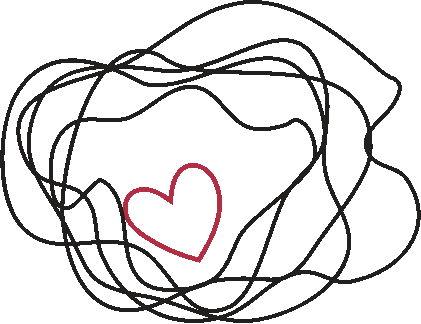With the predicted spread of COVID-19, many of us find our mental health challenged and our trauma triggered with COVID-19 Triggers. Whether you are recovering or are in an active cycle of addictive behaviors, I would like to offer an action plan for gaining control over negative patterns and triggers that lurk in times of uncertainty.
What is a trigger?
Triggers are external events or circumstances capable of producing emotional or physical symptoms of our flight or freeze response. Some of these include panic, anxiety, relapse, negative patterns of self care, or depression. Recognizing a trigger can stop a spiral out of control.
Here is a list of common triggers that I refer to frequently in my practice and podcast According
- Anniversaries
- News events
- Increases in stress levels
- Being around other people, friends, family or otherwise
- Conflicts in relationships
- Isolation
- Mistreatment by others
- Physical illness or chronic medical conditions
- Abuse
- Overindulgence in Food Alcohol or certain activities
- Travel
In the case of the COVID-19 with mounting press coverage, international quarantines, travel restrictions, and changes in routines, the amount of triggers are boundless and every day can seem like a battle to keep calm.
How to Cope with Triggers?
Recognizing that you are being triggered is the first step to coping with behavior that can come from a trigger. Recognition is also a critical step to defining what you need to regain your sense of safety. Above all, slow down, center, and ground yourself in the present. Then the following exercises and advice can also help you regain composure.
Stop
Stop what you are doing. Whether it is reading the news or watching television, take a break. The best way to slow a reaction to a trigger is to stop and comfort yourself. By saying comfort yourself, I am referring to a wellness checklist or mental health plan that you can refer to daily in the face of triggers. The first and foremost step, however, is to stop in the face of the triggering moment and take some space to calm your body and to slow down.
Journaling
Once you recognize that you have been triggered, grab a pen and paper and start to write out your feelings. If you are having memories or you are experiencing intrusive thoughts and physical symptoms. The act of writing and placing emotions and experiences to paper in itself should help you gain clarity on the feelings you are having.
Breathing
Stop what you are doing and try to breathe. It may be difficult, but just try some simple breath exercises. Breathe in slowly to the count of five and exhale slowly to the count of five, do this ten times. That is it. If this helps just a little, try a meditation. Youtube is an incredible resource for guided breathwork and relaxation videos. Even as a mental health professional, I have to use meditation and breathwork from time to time.
Talking
When you have reached a point of stasis during a trigger, contact a therapist or mental health counselor for a session. I offer phone sessions and often can accommodate a client with short notice. Through talk therapy that can include a myriad of techniques, we can work on more long term individual plans for addressing triggers and trauma that underlies behaviors.
Other Activities Popular in Wellness Action Plans and Bottom Line
Other activities in wellness plans to help stop triggers in their tracks are, exercise, playing an instrument, playing with an animal or child, or praying. Comforting yourself with these behaviors need not derail or devolve into a spiral out of control. We really do not know what the day, month, or year will hold in terms of COVID-19, or anything else in life! You DO have control over your reactions.
If you would like a personalized wellness action plan or to better understand your triggers or underlying trauma, contact me today. www.julialmft.com or listen to one of my podcasts, www.undressingtheissue.com.


